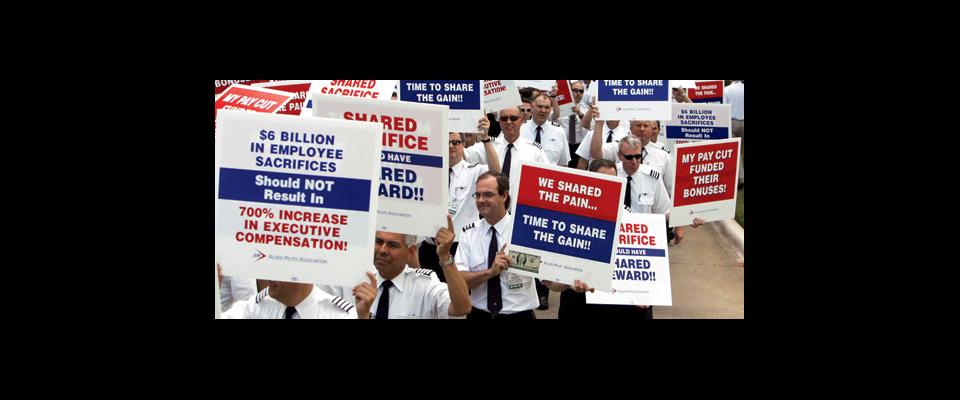Further proof that humans are emotional beings: Workers care more about their employer’s intentions than about their take-home pay.
Economics professor David Levine of the Haas School of Business and UC Santa Barbara economics professor Gary Charness divided 244 students into two groups, “firm” and “worker,” and randomly paired them. Each firm could choose to pay workers a high or a low wage. “Business conditions”—decided by a coin flip—then increased or decreased that wage.
Levine and Charness found that workers reacted more strongly to the firm’s intentions than to the wage they received and would accordingly either reward the firm with a high level of effort or punish it with low effort. In other words, workers give back to their bosses what they think bosses are giving to them. The research resonates with real-world workers. Said one 24-year-old San Francisco real estate consultant of his reduced year-end bonus, “I was mad at first, but then I realized that it wasn’t because my boss dislikes me. It was just a rough year. I can’t blame anyone for that.”
Levine says, “There can be high costs to unfairly treating workers. If outcomes are poor, be sure that you can justify to employees or other stakeholders that the firm tried to do the right thing. The good news is that if low compensation is clearly due to forces outside the employer’s control, workers may be much less likely to penalize them.”




















